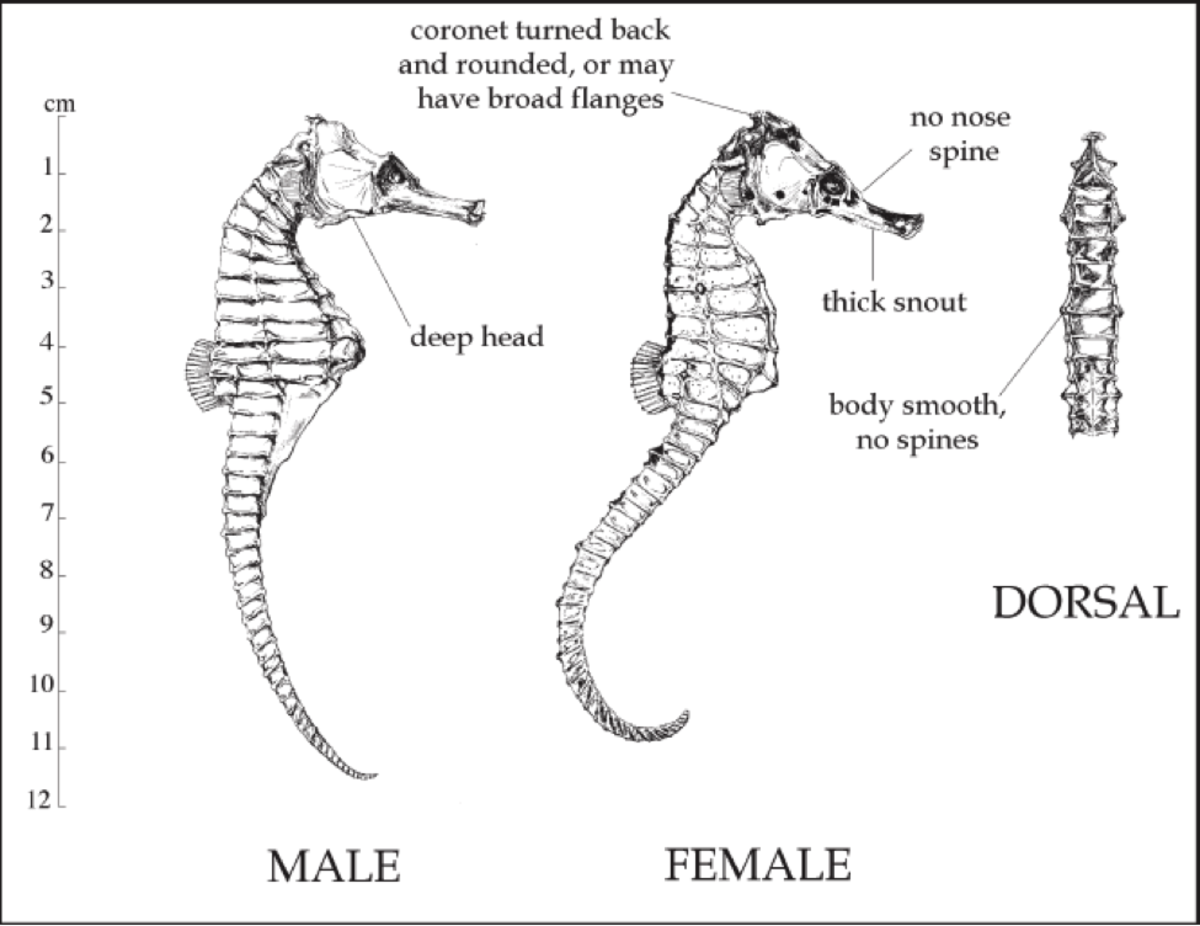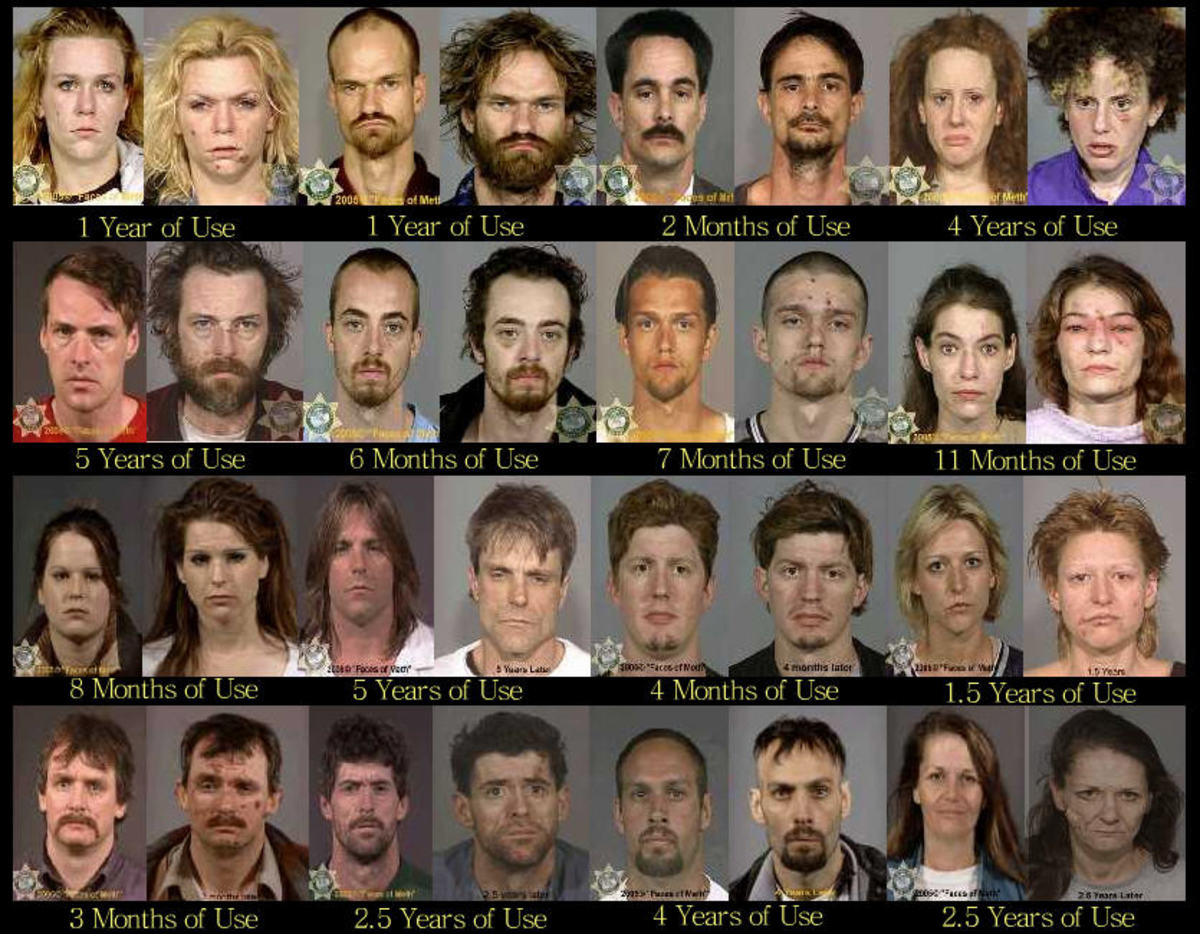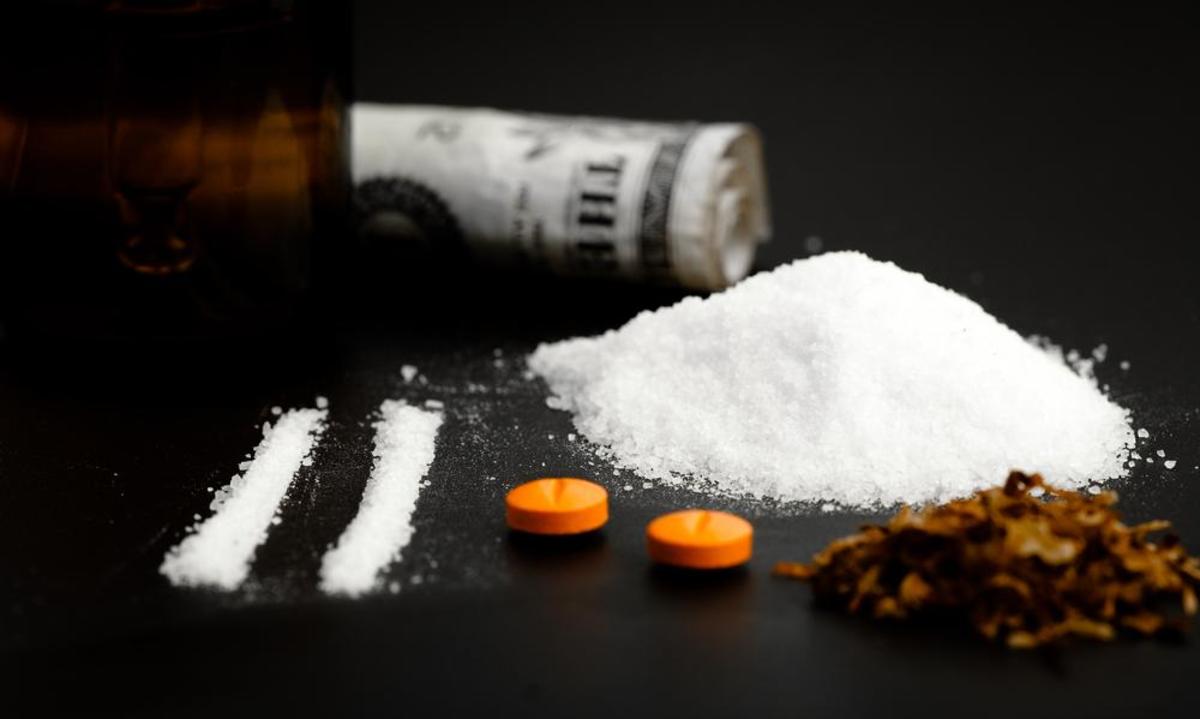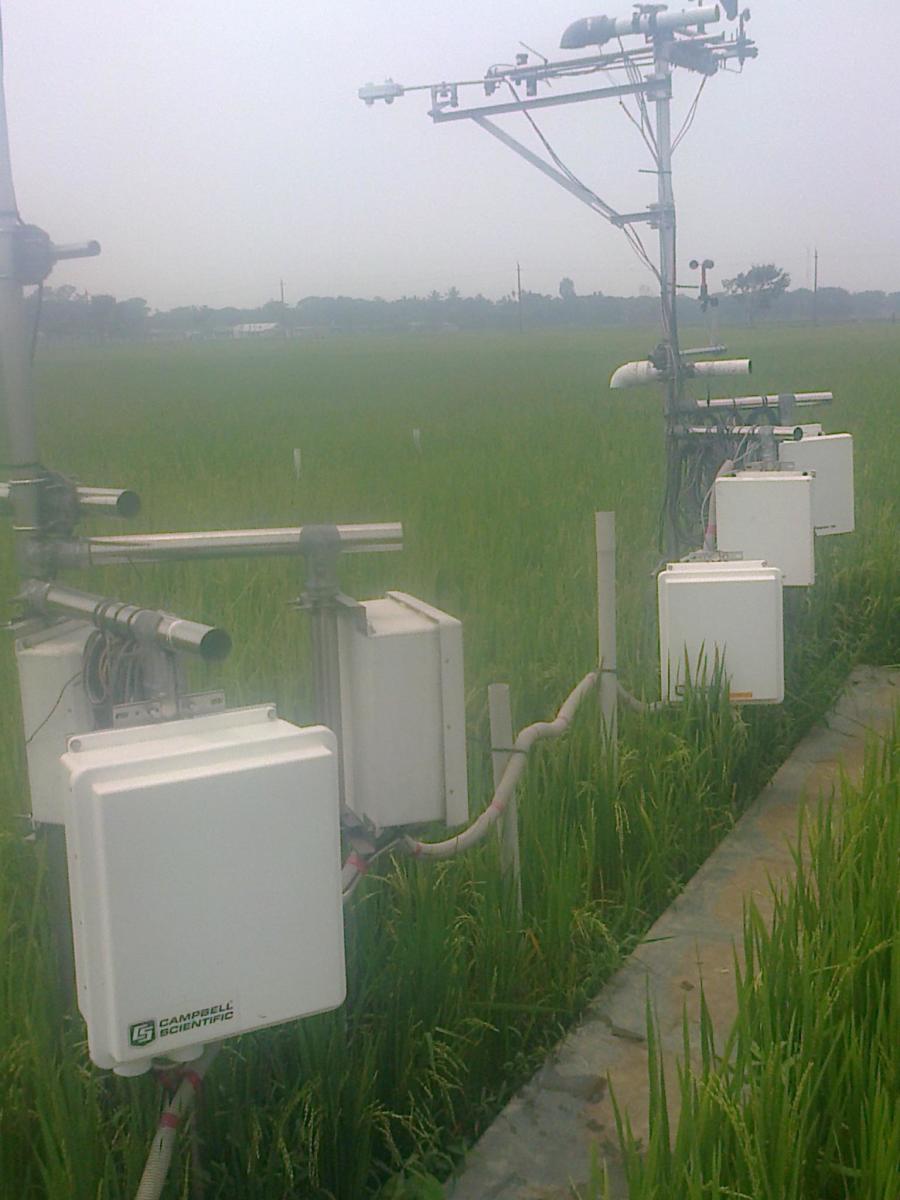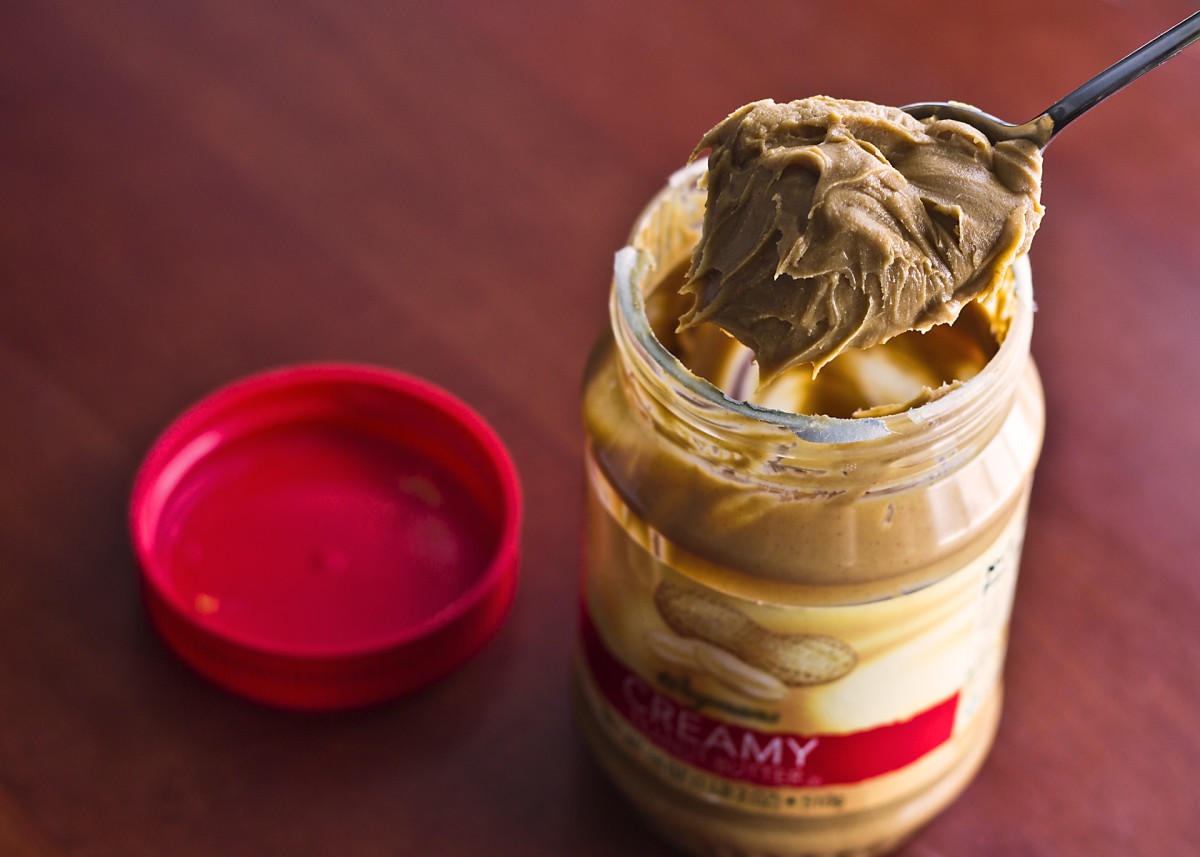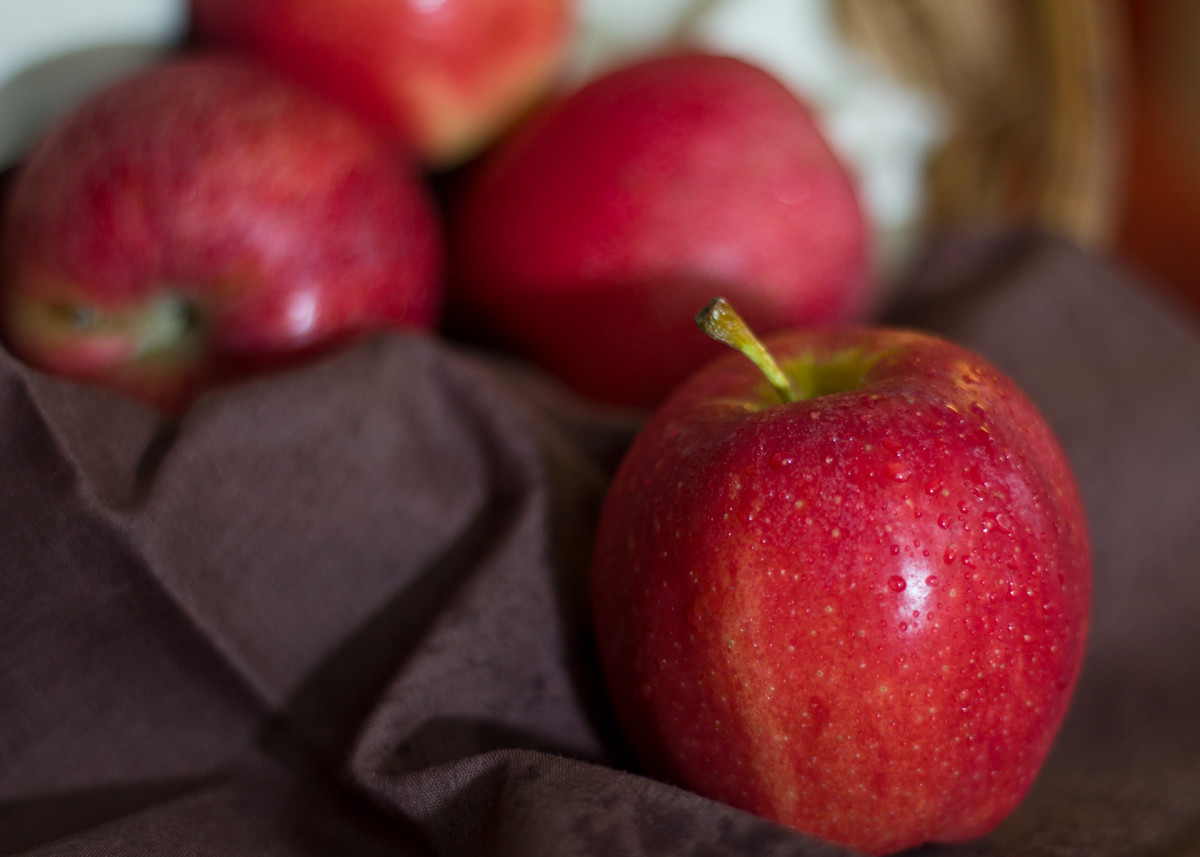Is Food Addiction Real? I Say Yes!
You are NOT alone!
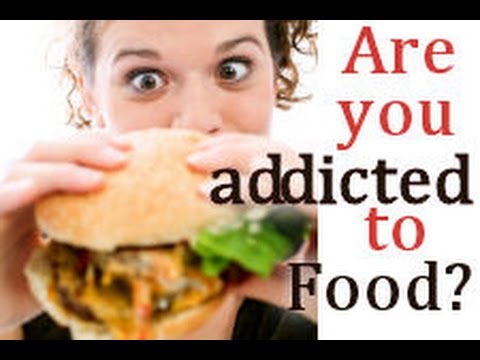
Food Addiction
Scientific research done in the past has shown support for considering food addiction as a true addiction. It also, however, has proposed theories on this subject with no convincing support. Food addiction is an important topic as the rate of obesity in the United States continues to rise. In 2005/2006, it was found that thirty-three percent of men and thirty-five percent of women were obese with a body mass index over thirty (Barry, Clarke, & Petry, 2009). While the trend could be the result of a more sedentary lifestyle, that only shows why people are not burning as many calories (Barry et al., 2009). What makes them eat a high number of calories in the first place? The theory that food addiction could be a true addiction when compared to alcoholism and other addictions has started to be seriously studied as new technologies emerge (Barry et al., 2009).
Traditionally, engagements such as gambling, eating, and sex were not considered true addictions (Barry et al., 2009). Addiction was conventionally thought of as “excessive ingestion of substances leading to physical dependence, characterized by tolerance and withdrawal” (Barry et al., 2009, para. 3). Therefore, the aforementioned engagements were not considered true addictions because the want to engage in them was driven by psychological means (Barry et al., 2009). Once scientists delved deeper, however, it was found that when there is a repetition of the same behaviors, there is a physiological response in the brain similar to that of drug dependencies (Barry et al., 2009).
Is your problem overeating of all foods or just eating the wrong foods?
Sugar and The Brain
A 1994 study found that adults who were eating a large amount of dense carbohydrates had the same D2 dopamine gene marker that illustrated alcoholism and other drug additions, even though the adults studied were not alcoholics or drug abusers (Cheren, Foushi, Gudmundsdotter, Hillock, Lerner, Prager, Rice, Walsh, & Werdel, 2009). Another study a few years later was done on animals to look at the effects of sugar and it was found that there was a physical craving (Cheren et al., 2009). Then, in 2009 at the University of Florida, summaries involving brain imaging testing were provided showing how palatable food invoked the “same changes in the dopamine receptors in the brain as alcohol and other addictive substances” (Cheren et al., 2009, para. 14). A state of biochemical craving can be seen when people with food problems see pictures of foods they are most likely to binge on (Cheren et al., 2009). Those pictures cause the individuals to crave the foods they are looking at, and in return they binge on them.
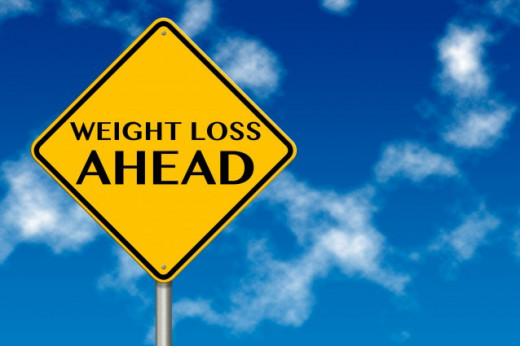
Is Overeating a Drug?
It has also been found that humans produce opioids when digesting excess fats and sugars (Cheren et al., 2009). That is the active chemical which is found in heroin, cocaine, and other narcotics (Cheren et al., 2009). While some studies argue that people are experiencing binge eating disorder over food addiction, there is now scientific verification of an internal chemical basis resulting in food addiction (Cheren et al., 2009). It is becoming more widely accepted that there is a physical craving as part of food addiction (Cheren et al., 2009).
Again, Overeating and Drug Addiction the Same?
Using the Temperament and Character Inventory, similarities in personality characteristics in those thought to have a food addiction and those with substance abuse issues were examined (Barry et al., 2009). It was found that corpulent individuals were “more likely to score high on novelty seeking,” while scoring low on self-directedness (Barry et al., 2009, p. 2). The same results were found for those with substance abuse disorders (Barry et al., 2009). Those with substance use disorders and obese individuals also scored high on impulsivity (Barry et al., 2009). It is suggested that an incapability to restrain urges plays a role in food addiction, substance abuse, and alcoholism (Barry et al., 2009).
These are healthy waffles! Get the Recipe below!
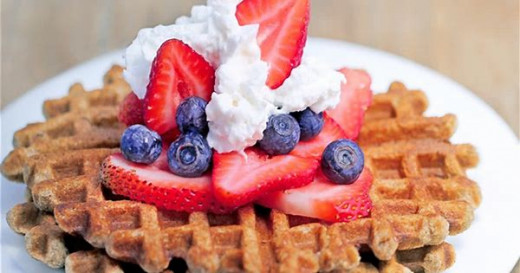
Prevention is The Answer
Research done on overeaters anonymous has found that there is success among those who are self-assessed food addicts and deal with physical cravings while abstaining from their most binge worthy foods (Cheren et al., 2009). Among other addictions, the best way to combat food addiction is prevention (Barry et al., 2009). Healthy eating campaigns and health education are important ways to prevent obesity and food addictions before they get started (Barry et al., 2009).
There is sufficient evidence and support to claim that food addiction should be deemed a real addiction when compared to alcohol addiction and other drug addictions. Similar brain mechanisms along with personality characteristics help to show the connection between those with food addictions versus those with alcohol addiction or drug addictions. The fact that the active chemical ingredient in narcotics is found in the body of those who digest high amount so fats and sugars also suggests a strong connection between food addiction and substance addiction. The best treatment for food addiction is similar to that of other addictions, and that is prevention.
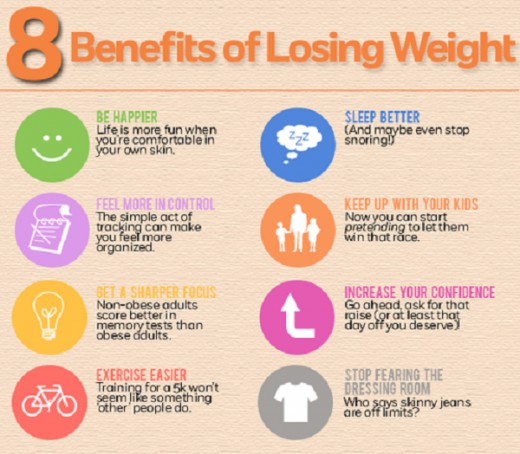
So, How Do I Lose Weight? How Do I Beat This Addiction?
Good Question. One I have struggled with since having my children. I thought I could eat what I wanted when I was pregnant, because I was gaining weight anyway, right? Who would know? I soon realized I could not eat like a teenager and look like a teenager anymore. I first tried several fad diets, to no avail. They made me grumpy and any weight I lost I put right back on. Especially the diets that made me fast or eat so few calories that I craved any real food, so when I ate it I didn't stop! I feel like with each diet that helped me lose 10 pounds, I put back on 15! One day a family member heard those fateful words "You are diabetic." This woke me up, and made me realize I had to make a change or I was next. I decided to find a lifestyle where I could still eat, but just different foods.
I found many ways to eat vegetables that I normally wouldn't touch! Some of my favorite new meals are grapes and nuts, apple and peanut butter, carrots and humus, broiled Okra with a small amount of spice on top (salt, creole, etc.), and for a snack, popcorn! I can have four cups of air popped popcorn, and it has less than 150 calories! The brand Kodiak Cakes has all kinds of healthier options for foods that I love. They now have waffles, pancakes, muffins, brownies, cookies, and oatmeal. Their products have higher protein counts so you can have your dessert and protein too. Stores also now sell healthier options for ice cream. Halo Top is one company that has a lot of good options. I have tasted their Peanut Butter Cup and Birthday Cake flavors and those were both excellent. After I realized that I could still have the sweets I craved, just healthier versions, it became easier. Every time I craved something that would typically be unhealthy I did a web search for healthy options and always found something that worked for me!
Instead of starving myself, I found foods I could enjoy and cut back my calories slowly. I have 1,500 a day, and the weight is not falling off, but I don't want it to. Slow and steady wins the race. Food will no longer control me, and it doesn't need to control you either. Feel free to share some weight loss tips or special foods you have found helpful in your weight loss journey! Remember, you are not alone.

